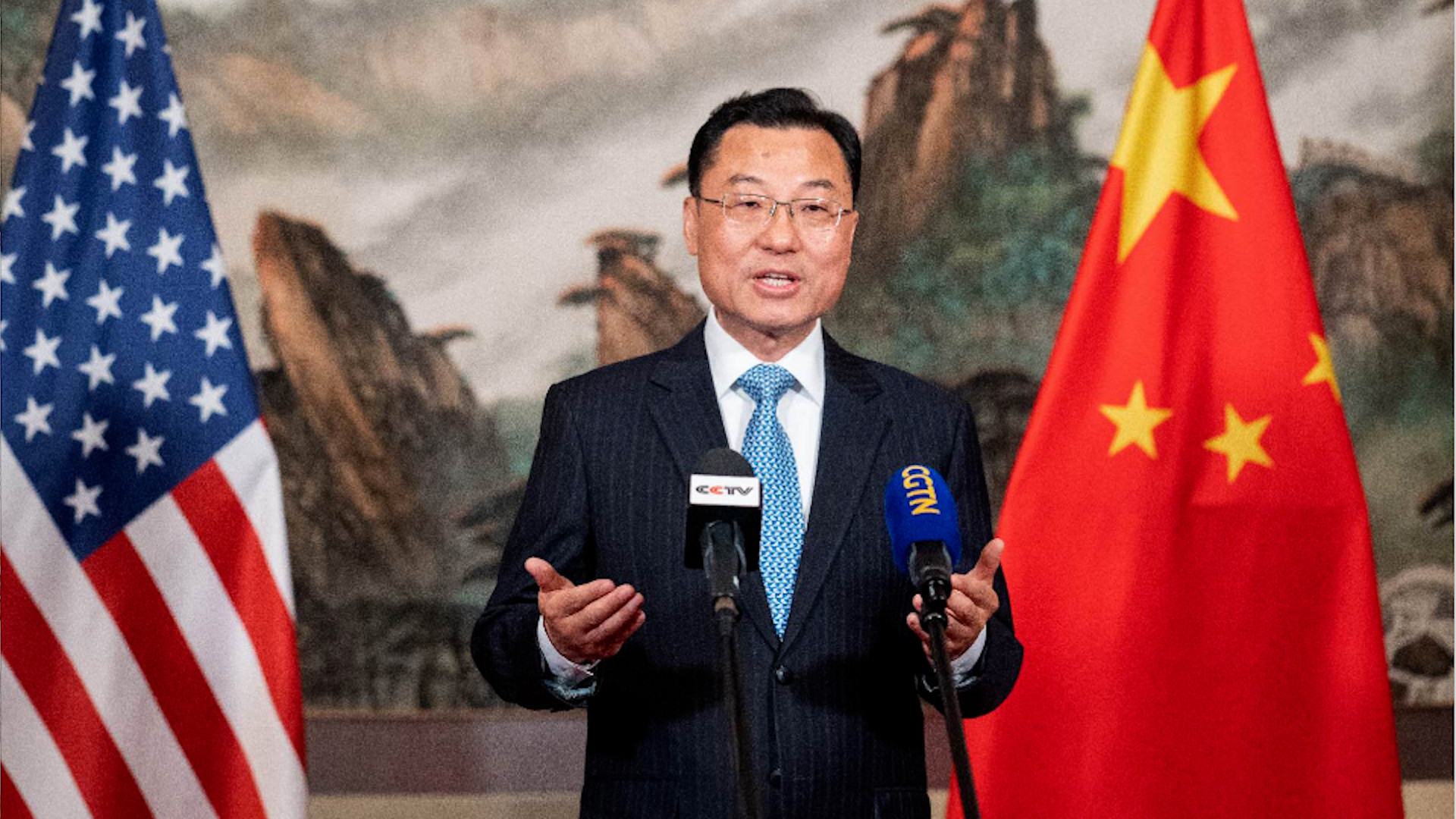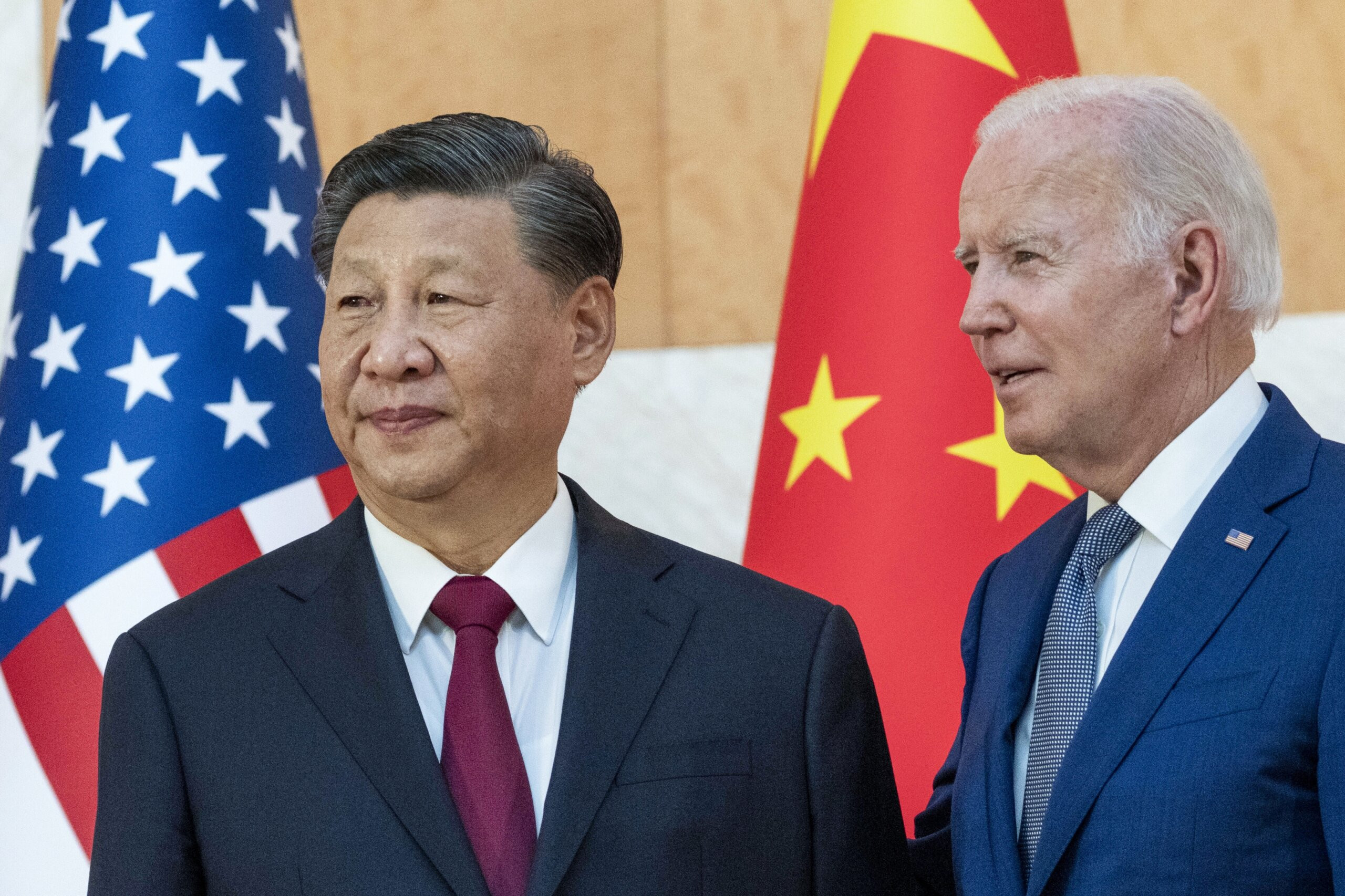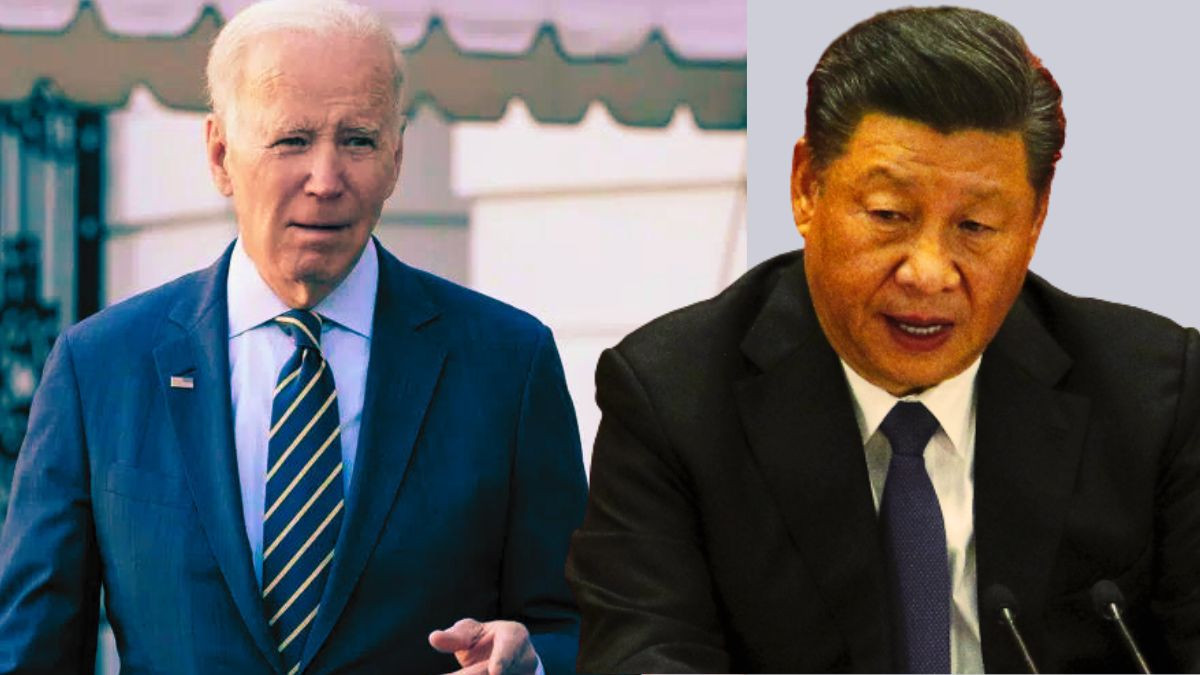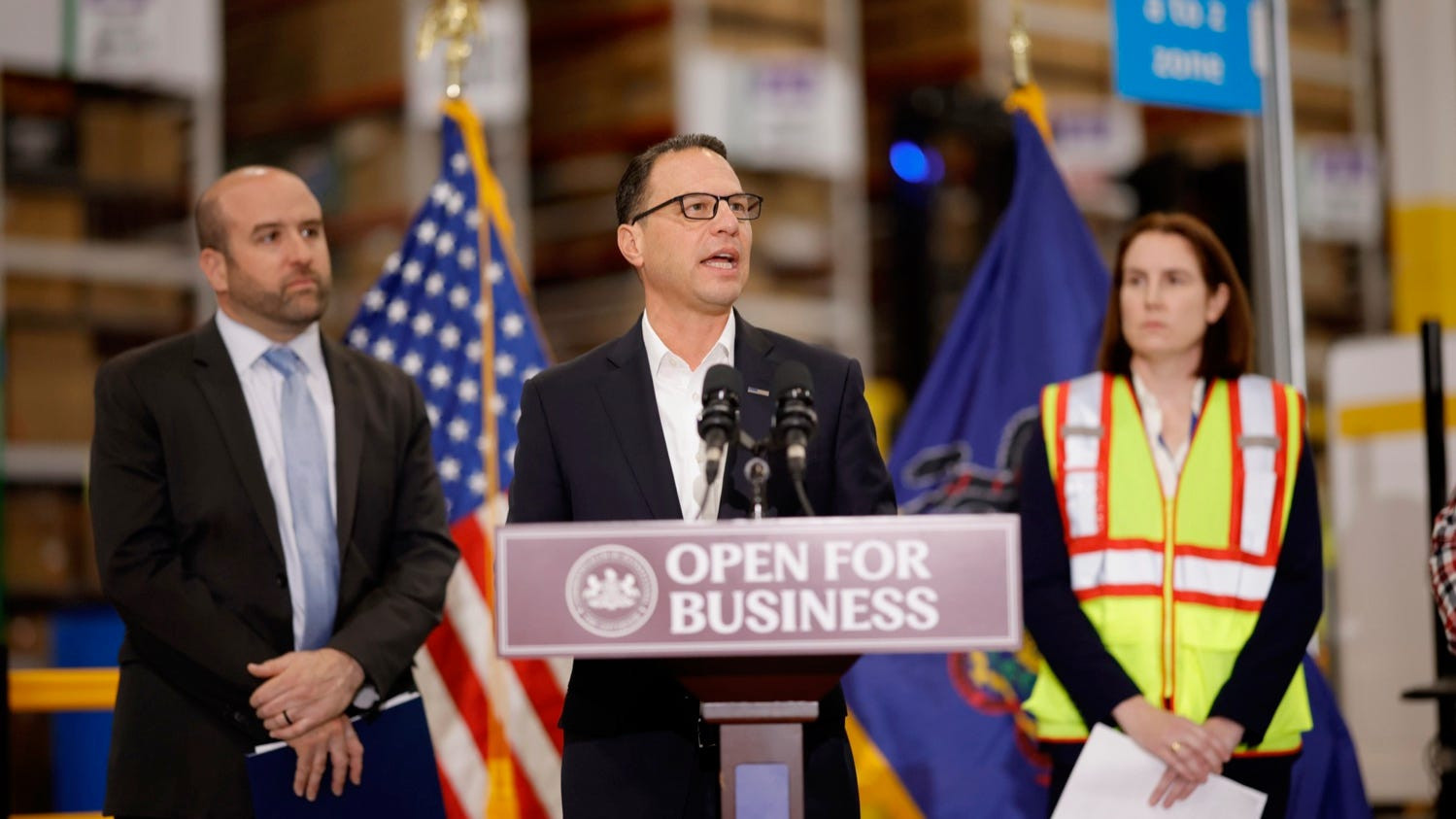There is a curious cognitive dissonance in how a lot of us think about the last decade’s climate policies and this decade’s economic problems. During the final years of the 2010s, the Trump administration proudly tore up dozens of policies meant to lower American greenhouse gas emissions and build a competitive domestic clean energy industry. It prioritized oil, coal and natural gas businesses over wind, solar and batteries, and as president, Donald Trump often seemed to revel in picking policies that would increase emissions by design.
These choices came with costs: American automakers failed to make their cars more efficient, and within a few years, they had fallen behind their international competition, especially South Korean and Chinese automakers. Today, the United States finds itself badly lagging behind China not just in hybrid and electric vehicles but also in many other crucial industries: solar, wind and battery production, as well as the refining of some minerals. China now makes more than half of the world’s electric vehicles, and BYD, the Chinese automaker, is expanding so quickly that it has plans to open factories abroad in Europe, Central Asia, Southeast Asia and South America.
Those were the costs of just one Trump term. If Mr. Trump returns to Washington, he has promised to once again pull us out of the Paris climate agreement, which the United States had rejoined under the Biden administration. He again wants to kill the country’s clean car standards. And he’s threatened to cut off the generous federal subsidies for selling and building electric vehicles in the Inflation Reduction Act, President Biden’s signature climate policy. Although he’s recently softened some of his hate for electric vehicles — “you know, because Elon endorsed me very strongly,” he said in Georgia last month, referring to Tesla’s chief executive, Elon Musk — he still believes only a “very small slice” of cars should run on electricity.
Mr. Trump’s policies would devastate America’s growing electric vehicle industry. They would allow China to consolidate its control of the world’s electric vehicle and lithium-ion battery industries, and they would hamstring American — or European or East Asian — companies from developing the necessary expertise to compete with China.
US-China Relations: A Complex Landscape
The US-China relationship is one of the most complex and important in the world. It is a relationship marked by both competition and cooperation. The United States sees China as a strategic competitor, particularly in the areas of technology, trade, and security. But the two countries also have shared interests in areas such as climate change and global health.
Navigating the Tension
The US government has been working to manage this complex relationship in a way that protects American interests while avoiding conflict. This approach has been characterized by a combination of competition and engagement. The Biden administration has imposed export controls on sensitive technologies, increased military presence in the Indo-Pacific region, and strengthened alliances with countries in the region. At the same time, the administration has also sought to maintain diplomatic channels with China and cooperate on issues of mutual interest.
A Balancing Act
This approach has been criticized by some who argue that the United States is not doing enough to counter China’s growing power. Others argue that the United States is too confrontational and that this approach is only making the relationship more tense.
What is the End State?
The question of what the end state of the US-China relationship should be is a matter of ongoing debate. Some experts believe that the two countries should seek to maintain a stable and predictable relationship, even if it is characterized by competition. Others believe that the United States should pursue a more assertive approach, seeking to limit China’s influence on the global stage.
The Role of Diplomacy
In an interview with Foreign Policy, US Ambassador to China Nicholas Burns discussed the challenges and opportunities of the US-China relationship. Burns, a veteran diplomat who has served in both Republican and Democratic administrations, emphasized the importance of maintaining open lines of communication with the Chinese government. He also stressed the need for the United States to be clear and consistent in its policies towards China.
The Importance of People-to-People Exchange
Burns also expressed concern about the decline in people-to-people exchange between the two countries. He argued that this decline is harmful to both countries and that it is important to find ways to increase engagement between citizens of the United States and China.
The Future of US-China Relations
The US-China relationship is likely to remain complex and challenging for the foreseeable future. The two countries have competing interests in many areas, and it is important for the United States to maintain a strong and consistent policy towards China. At the same time, the United States should also seek to find areas of cooperation with China on issues of mutual interest.
The Future is Uncertain
The future of the US-China relationship is uncertain. But it is clear that the two countries will continue to play a major role in shaping the global landscape. It is important for the United States to navigate this relationship in a way that protects American interests while also promoting peace and stability.
Closing Thoughts
The US-China relationship is a delicate balance of competition and cooperation. It is a relationship that is sure to continue to shape the global landscape for years to come. It is important for the United States to maintain a strong and consistent policy towards China while also seeking to find areas of cooperation on issues of mutual interest. Only time will tell how this complex relationship will evolve.



















